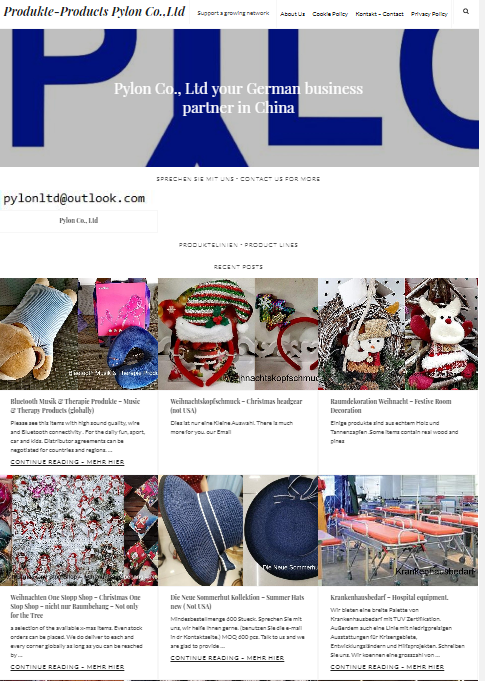Rural per capita net income reached 16518 yuan in 2011
- Details
- Category: Governmental News
- Published: Tuesday, 31 January 2012 10:10
According to the authoritative data issued by Ningbo Survey Group of the National Statistics Bureau, in 2011, the rural per capita net income stood at 16518 yuan, up by 15.8% over the previous year. While the urban resident per capita income reached 34058 yuan, up by 12.9%. With the rural income achieving double-digit growth for eight consecutive years, the urban-rural income ratio is further reduced to 2.062:1.
Promoting the steady increase of rural income is the starting point and ultimate goal of the new rural construction. Ningbo has made great efforts to construct the long-term system of rural wealth accumulation by implementing the favorable policy to agriculture. On the one hand, industries, populations and producing elements are guided to assemble in towns to promote the famers to transfer to the second industry and third industry. On the other hand, a group of professional farmers with techniques and business skills are cultivated and encouraged to gain more benefits through capital and technology investment. Taking the scarce jobs and high-skill training that are in great demand in markets and industries as a breakthrough, the city focused on the transfer skills training of the farmers. At the same time, the "one training for one industry" approach was adopted to train the subjects of modern agriculture business. In 2011, about 118,700 rural laborers were trained, among which 29,500 were trained in transfer skills and 52,000 were trained in migrant workers' job skills. About 23,000 rural laborers achieved transfer employment after training.
The leading agricultural enterprises, the specialized farmers cooperatives and the agritainments promote the continuous increase of rural income. In 2011, the leading agricultural enterprises in Ningbo took in 150,800 rural employees and about 898,200 rural households were affected. 1700 specialized farmers cooperatives in the city affected 350,000 rural households. While working in enterprises, a large number of rural workers set up some new forms of industries such as intermediary services, chain business, rural community services and agritainments. In 2011, the "agritainments" received 11.918 million tourists and achieved a business income of 1.13 billion yuan, up by 31.6% and 41.1% respectively over the previous year. In terms of the structure of the income, the salary income continued to growth rapidly and reached 9667 yuan per capita, up by 19.0% over the previous year, contributing 68.3% to the increase of the net income.
With the development of the rural housing reform and rural joint-stock reform, more and more famers benefit from the soaring of property income and dividend income. In 2011, a total investment of 12.991 billion yuan was put into the reconstruction of 78,100 rural houses, of which the construction of 48,100 houses with a total area of 6.53 million square meters has been completed. So far, as there have been 548 rural economic cooperatives, the total dividend for farmers reached 1.33 billion yuan or 198.2 yuan per capita. Some farmers even become landlords or share holders by selling or letting their extra houses. All the above elements promoted the increase of the non-business rural net income, which amounted to 2937 yuan, an increase of 46.6% over the previous year, contributing 41.4% to the increase of the net income.









